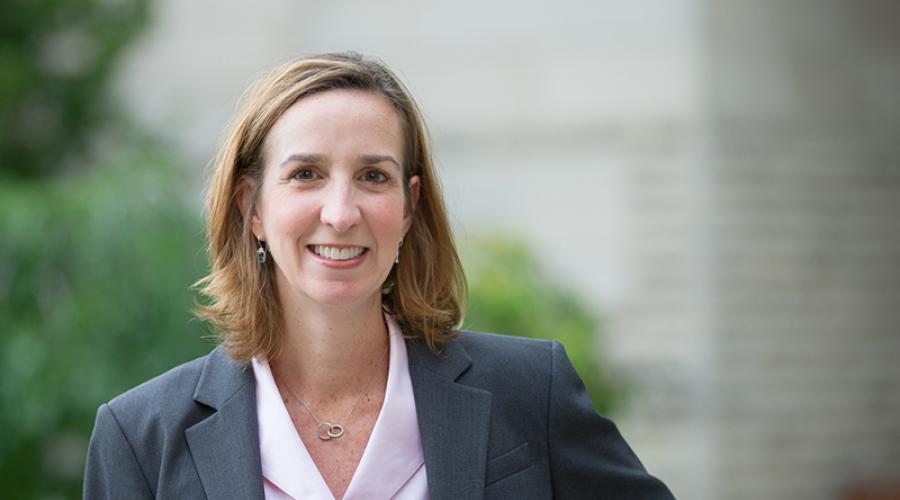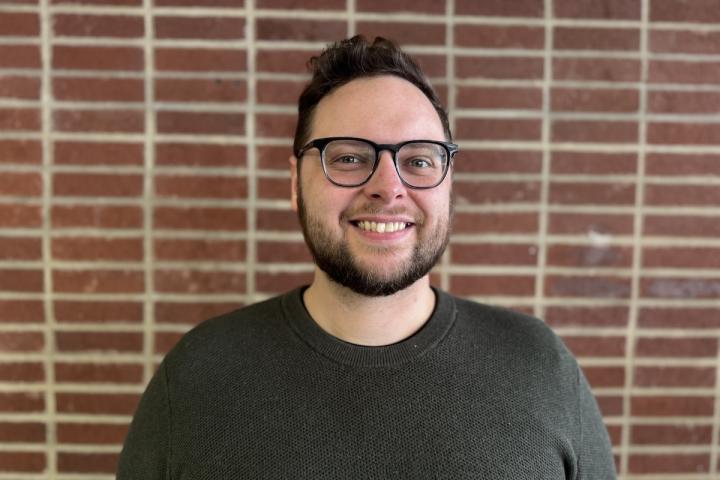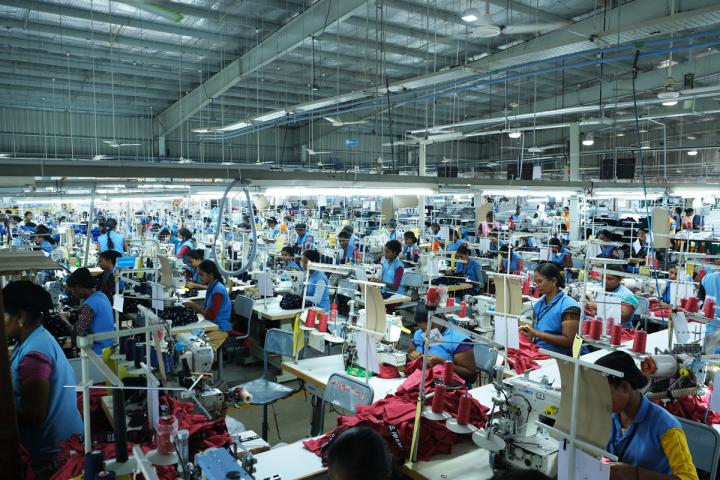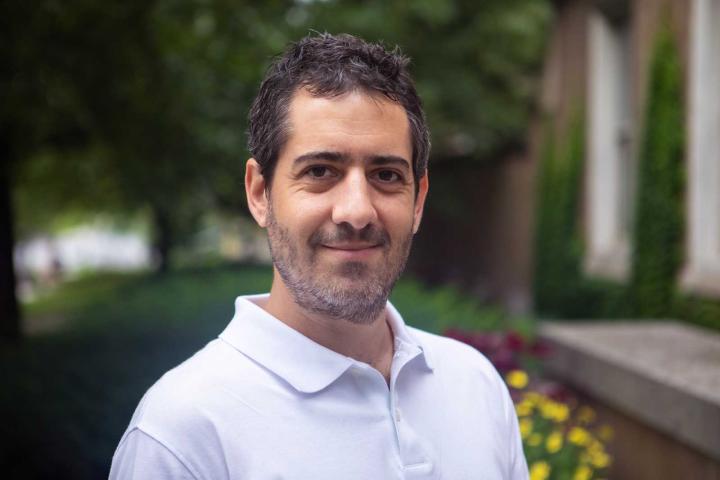
The New Workplace
Faculty, students and alums are engaged in ILR's theme of “Technology and the Evolution of Work," which has funded multiple projects led by faculty and students.
Associate Professor Eli Friedman, who is exploring his topic “Technology and Work in China,” sees ILR’s theme as a timely exercise to help address major public concerns.
“We are coming around to the realization that technological development is not apolitical — certain groups can benefit while others are marginalized,” Friedman said. “So, it's very important for us to think about how technology and enhancements in efficiency can promote general social betterment, rather than leading to greater polarization, inequality and precarity.”
Friedman is planning a conference for comparative insights on technology that will feature speakers from Hong Kong, mainland China and the U.S.
“Technological development in China, and especially internet-based technology, has developed in quite distinct ways from the U.S., with notable differences in its impact on work,” Friedman said. “Furthermore, this seemed like a good way to push forward budding cooperation between ILR and the University of Hong Kong, our partner in organizing the conference.”
Technology in the workplace is showing up in a growing number of ILR courses. In “Technological Change at Work,” for instance, Associate Professor Adam Seth Litwin explores how technology is shaping the workplace for specific social groups, and how it might result in conflict and change in the workplace hierarchy.
Assistant Professor Brian Lucas and Lillien Ellis M.S./Ph.D. ’19 are working on their project titled, “Using Experience-sampling Technology to Increase Creativity in the Workplace,” which will have participants report their creative ideas and what was occurring while generating ideas.
“The goal is for this to allow them to better understand their own creative process and, consequently, to put themselves in the contexts that best optimize their creativity,” Lucas said.
Historically, creativity was something that only humans could do, but Lucas sees artificial intelligence augmenting human creativity.
“That is, to cull information and provide input into decision-making that allows people to explore the most creative routes and make the most innovative decisions,” Lucas said. “In the same vein, the goal of my research is to develop an experience-sampling application that will provide people with input and insights into their own creative process. This allows them to optimize their creative process and torealize their most creative ideas.”
Phoebe Strom M.S./Ph.D. ’21 is pursuing her topic, “Debugging Workplace Social Relations: How Technology Transforms Conflict and Collaboration,” which is being conducted through the Scheinman Institute with the support of the Staten Island Performing Provider System.
Technology is often viewed by business as increasing efficiency, but technology is also leading to increase cohesion, communication and cooperation among employees, Strom said.
“Especially as I started using technologies like Slack, I was surprised by how little we understand about their impact on group dynamics,” Strom said.
“Anecdotally, they do seem to have an effect, which is also supported by research on how recreational technology like social media or virtual reality influences interpersonal relationships. But, the question of how technology fosters or destabilizes employees’ working relationships remains unanswered, even as more and more organizations adopt collaborative technology.”
“Technology and the Evolution of Work is a new chapter in ILR’s long history on the analysis of the world of work.”
“What is new is how salient the questions asked by the theme are given the current pace of technological innovation,” Strom said. “For the school to remain relevant, we have to grapple with these questions, and the theme project offers a great way to do so by connecting the broader ILR community, bringing together diverse perspectives and helping us pool our collective expertise.”
Kara Lombardi, assistant dean for student experience and well-being, leads the school’s theme initiative, intended to create new research, policy, practice, discussion and teaching.
Thirteen grant proposals were awarded and highlighted at a kickoff reception. In addition, the theme has spurred multiple panel events debating issues. “Weapons of Math Destruction” by Cathy O’Neil has been selected for summer reading with continuing dialogue in the fall.
Lombardi said, “Even as we disagree on the short- and long-term implications of these technologies across the world of work, it is ripe for conversation and study.”


